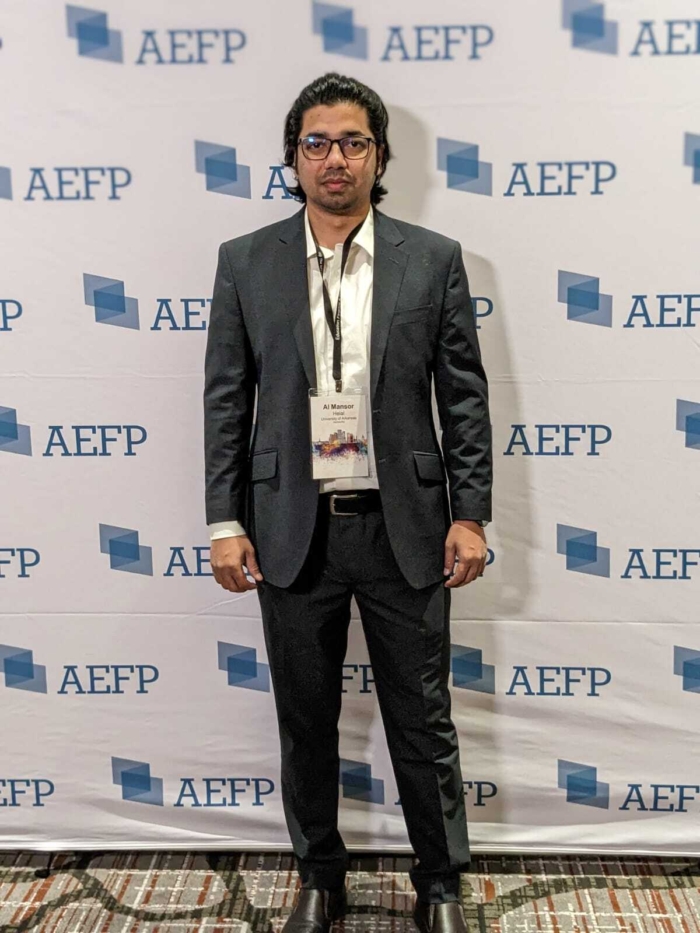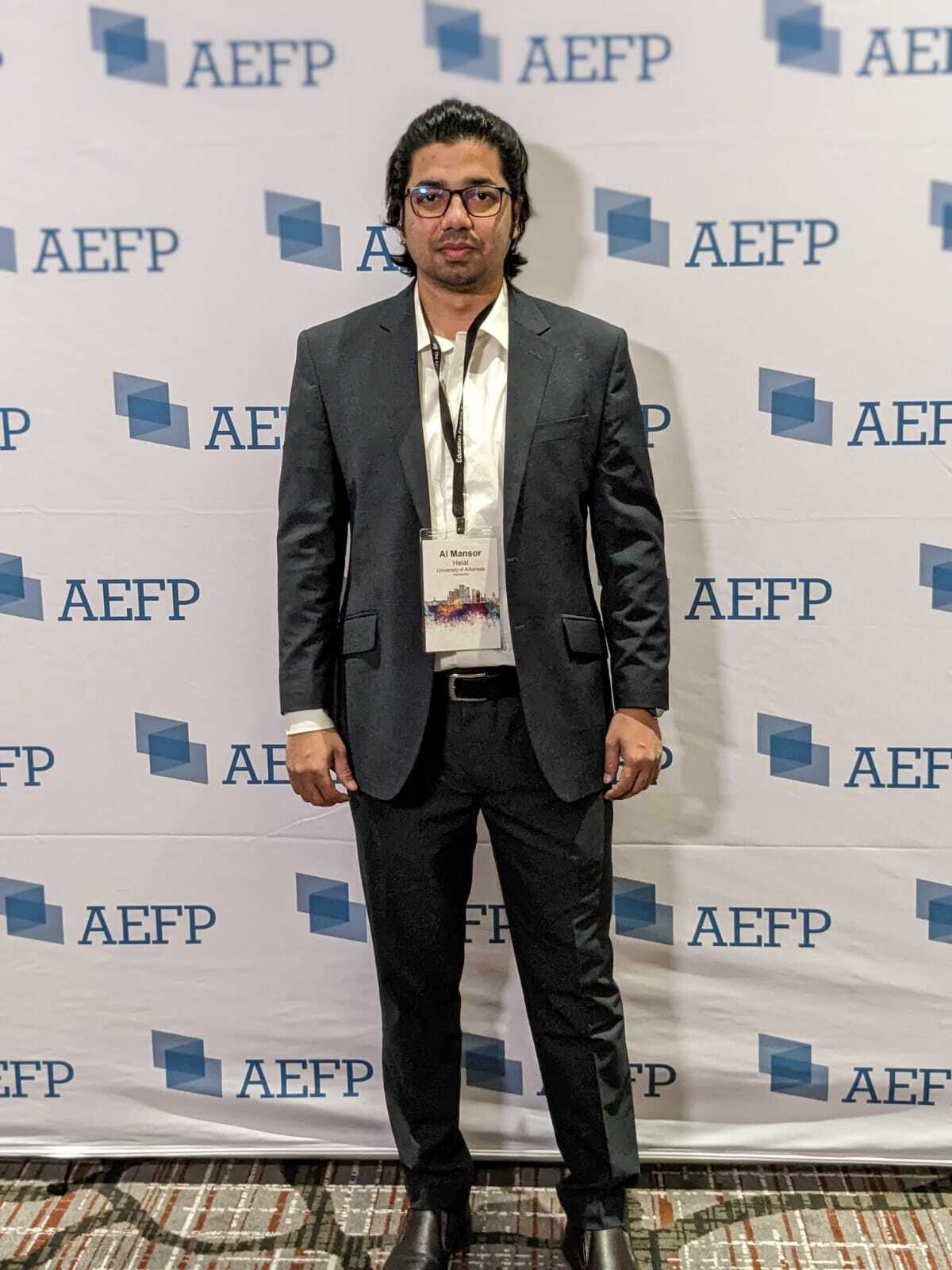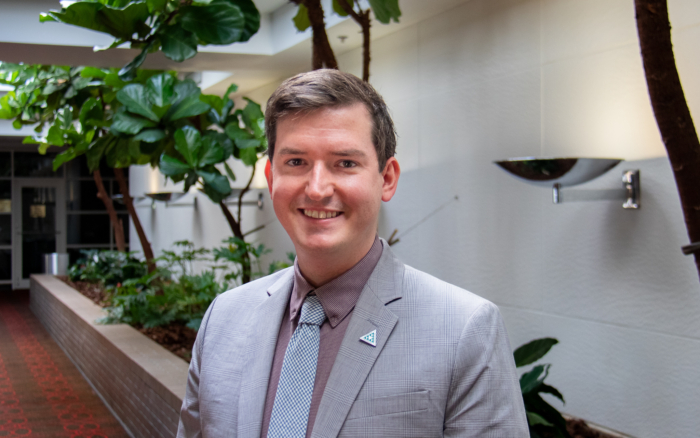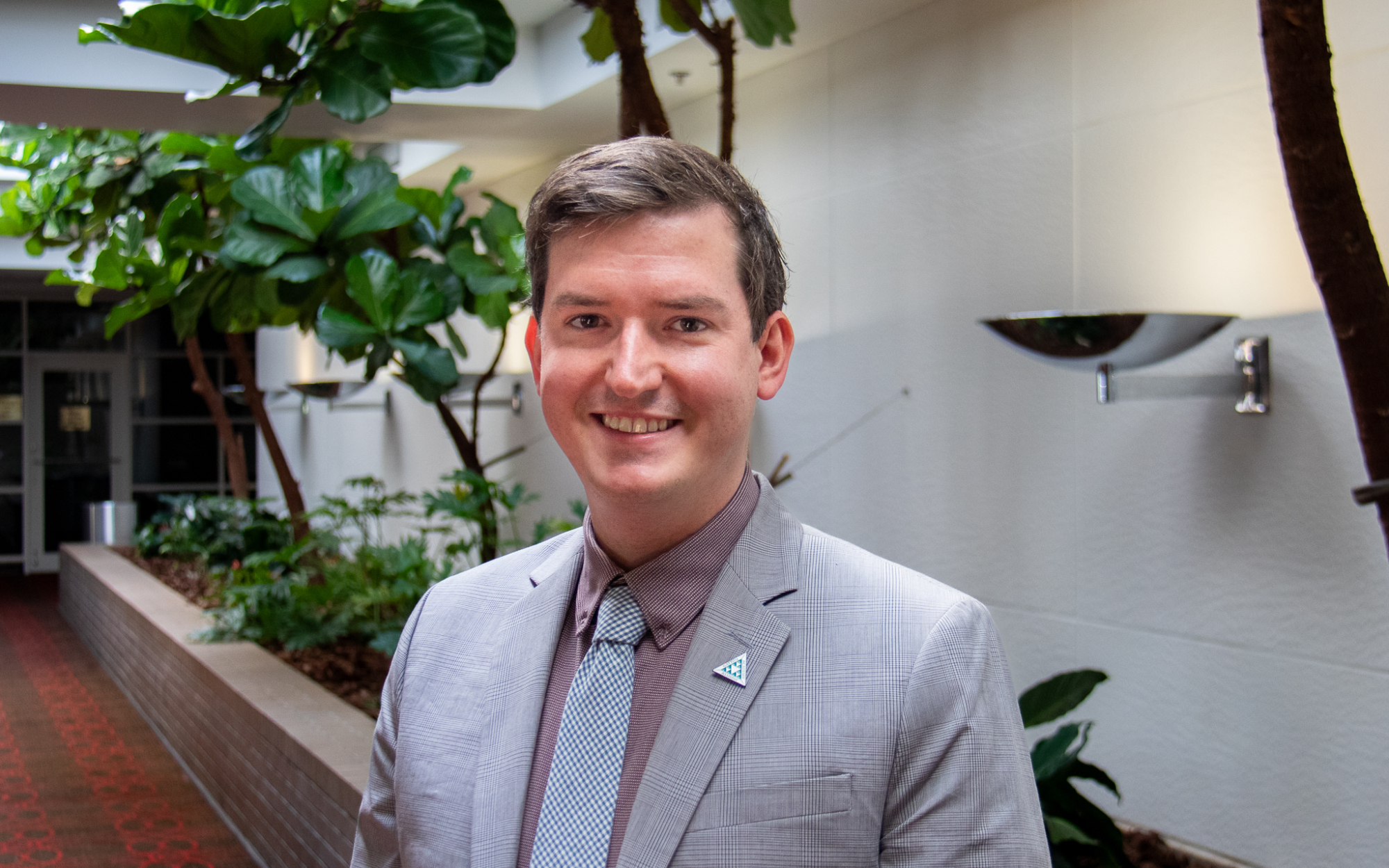Dissertation Mini-Grant
The Mensa Foundation empowers the next generation of researchers through its Dissertation Mini-Grant program.
Designed to support advanced doctoral students, this grant funds innovative studies that broaden our understanding of intelligence, creativity, gifted education, and related fields.
Details
The Mensa Foundation Dissertation Mini-Grant provides $2,500 to advanced doctoral students conducting research on intelligence and gifted education. By funding innovative studies, the grant promotes research that addresses the complexities of intelligence, creativity, and related fields.
Grant Components
- $2,500 Award: Financial support to advance dissertation research.
- Recognition: Highlighted via Mensa Foundation channels showcasing the recipient’s contributions to the field.
- Networking Opportunities: Potential to present findings at a Mensa Foundation event and engage with thought leaders in intelligence research.
Impact intelligence studies.
Share your research with us.
Apply NowApply Now Criteria
Grant Guidelines
Eligible submissions for the Dissertation Mini-Grant must focus on building knowledge related to intelligence, creativity, or gifted education. Proposals may include original research findings, theoretical frameworks, or reviews that offer fresh perspectives and meaningful contributions to these fields.
- Open to advanced doctoral students with an approved dissertation proposal.
- Research focus must align with intelligence, creativity, or gifted education.
- Acknowledge the Mensa Foundation in all publications resulting from the research.
- Provide a copy of the completed dissertation to the Mensa Foundation.
- Be available to present findings at a Mensa Foundation event, if requested.
- Grant is non-renewable, and recipients can only receive the grant once.
- Previous recipients cannot reapply.
Frequently Asked Questions
Have more questions? Contact us at grants@mensafoundation.org.
Advanced doctoral students with an approved dissertation proposal related to intelligence, creativity, or gifted education.
Funds can be applied toward research-related expenses, including travel, data collection, or materials needed to complete the dissertation.
Yes, as long as this is your first time applying for the Dissertation Mini-Grant.
Grantees will be featured on the Mensa Foundation website and in communications, and may be invited to present their findings.
Grantees
2024-2025 Grantees
Meet the doctoral students supported by the Dissertation Mini-Grant, whose research contributes to advancing the science of intelligence, creativity, gifted education, and related fields.










